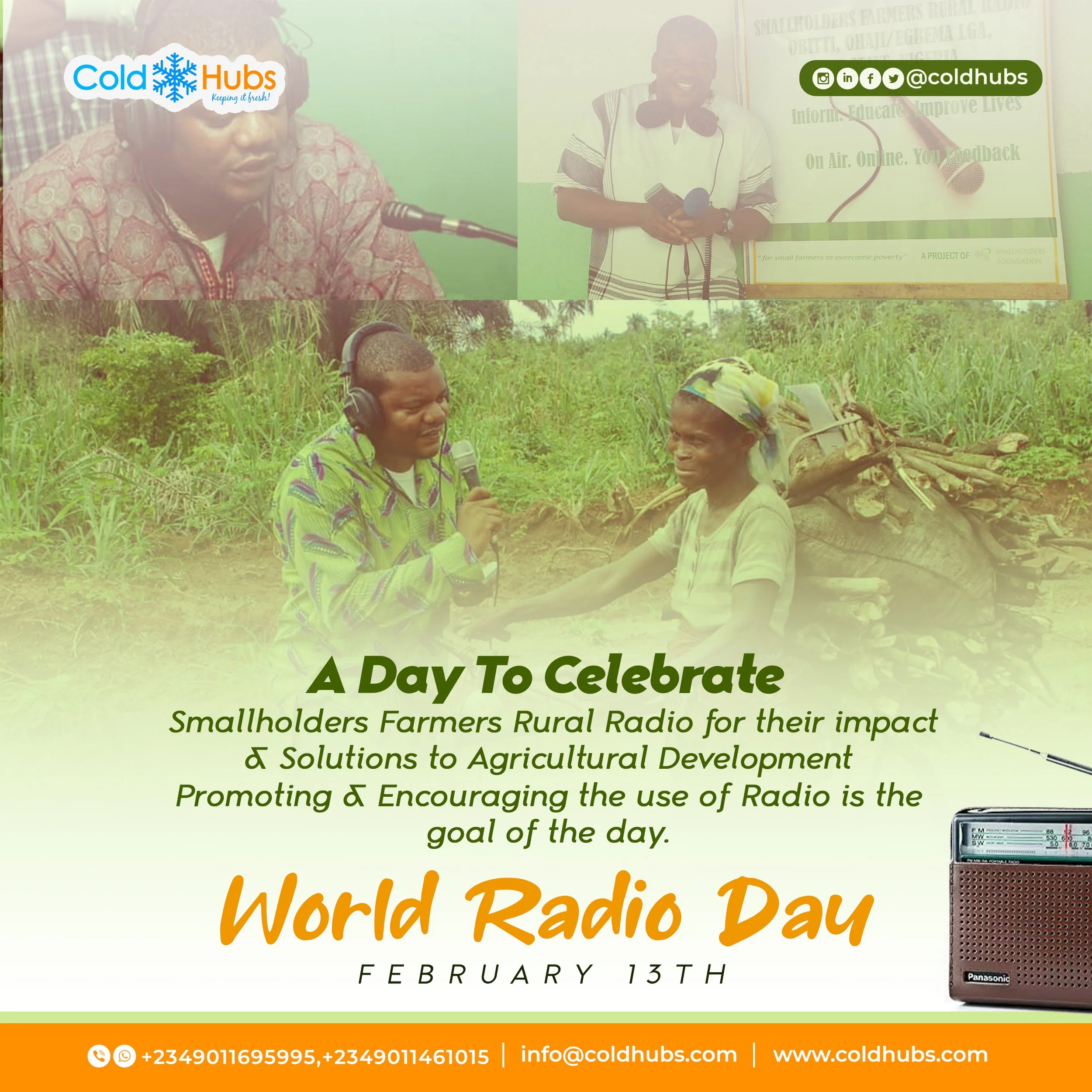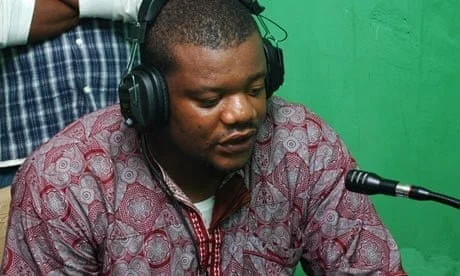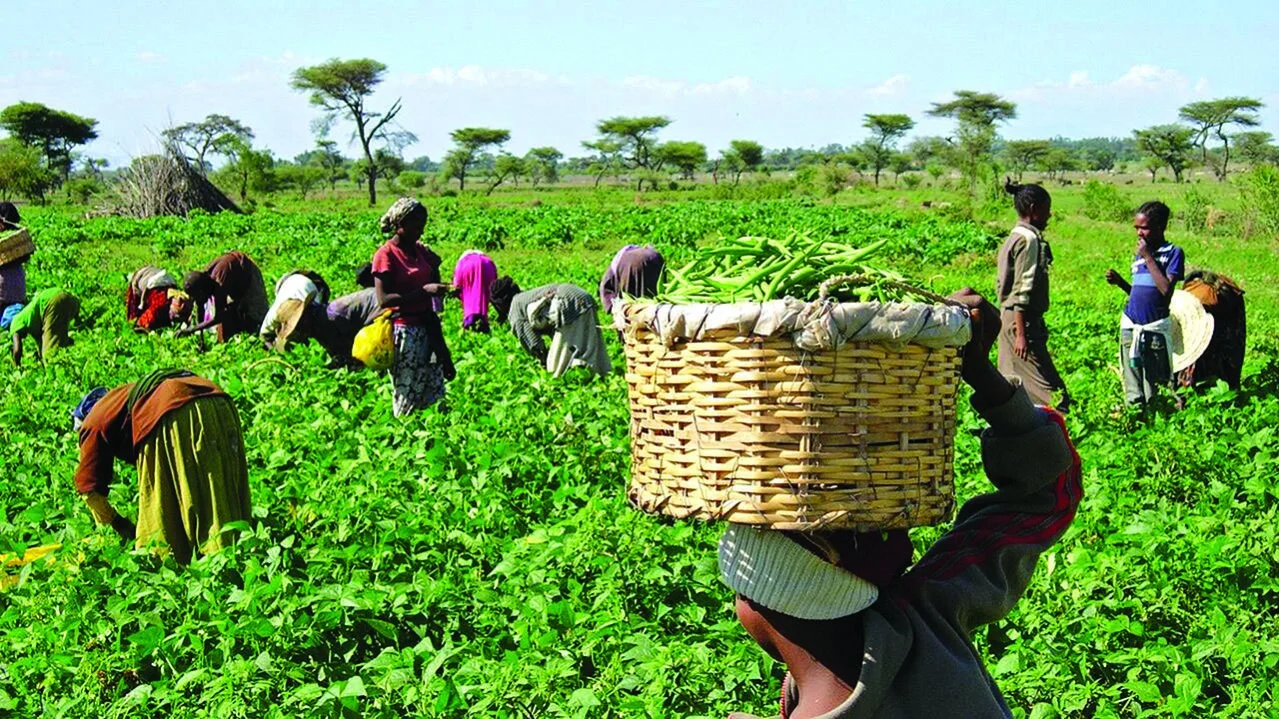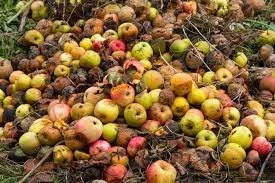Every February 13th, people all over the world celebrate the impact and role of radio in society.
Radio is one of the channels of mass media that helps to disseminate information to the widest audience, shaping the lives of people, serving as an arena to change social course with its numerous programs, viewpoints, and contents, and also reflecting the diversity of audiences in their organization and operations.
At the global level, radio remains the most widely consumed medium. Humanity is celebrated through radio in all its diversity, and it provides a platform for democratic discourse.
Radio is the most effective way of delivering information. It is a free, democratic, and trusted one. Due to this, it has the widest geographical reach and the largest audiences compared with the Internet, television, and newspapers.
Radio as a medium for disseminating information and educating the public has played a very vital role in promoting agricultural development and education in rural areas, especially in developing countries.
In underdeveloped countries, most agricultural activities are situated in rural communities; there is a connection between agriculture and people in the rural area.
It can be said that these people depend on agriculture for their livelihood.
In most cases, the food grown in these places is used to feed the nation; diseases and infestations of crops and animals are felt in these areas, and all farming practices are tested in those areas.
Therefore, rural radio is designed to educate, inform, and enlighten farmers on how to improve and increase their production and adapt to the varying development or seasoning.
It speaks on the need to improve food supplies and nutrition with basic services such as health and education, which will directly improve the physical well-being of farmers and rural residents as well as enhance their productivity and ability to contribute to the national economy.
The role of radio in agricultural development led to the vision "Smallholder Foundation and the Smallholder Farmers Rural Radio," which provides rural communities and farmers with agricultural techniques, knowledge, and environmental conversation.
Smallholder Farmers Rural Radio also broadcasts educational radio programs on crop cultivation, livestock rearing, and soil management 10 hours a day in the local Igbo language to inform and educate its 250,000 small-farmer listeners and improve their agricultural, environmental management, and market access capacities.
During his radio shows in the southern region of Nigeria, Nnaemeka Ikegwuonu discovered that farmers and traders are losing 50% of their produce, especially vegetables, fruits, and tomatoes, to post-harvest loss due to a lack of cold storage facilities.
He shared stories of how a farmer lost a truck full of cabbage as a result of the lack of cold storage facilities in the country.
All these experiences gathered during these radio shows gave birth to ColdHubs, which since 2015 has been providing cold chain services to farmers and traders across Nigeria and Africa.
Today, ColdHubs has expanded from providing just cold rooms to being a complete cold chain company, so it now educates farmers on post-harvest losses and how to improve sales and reduce spoilage.






